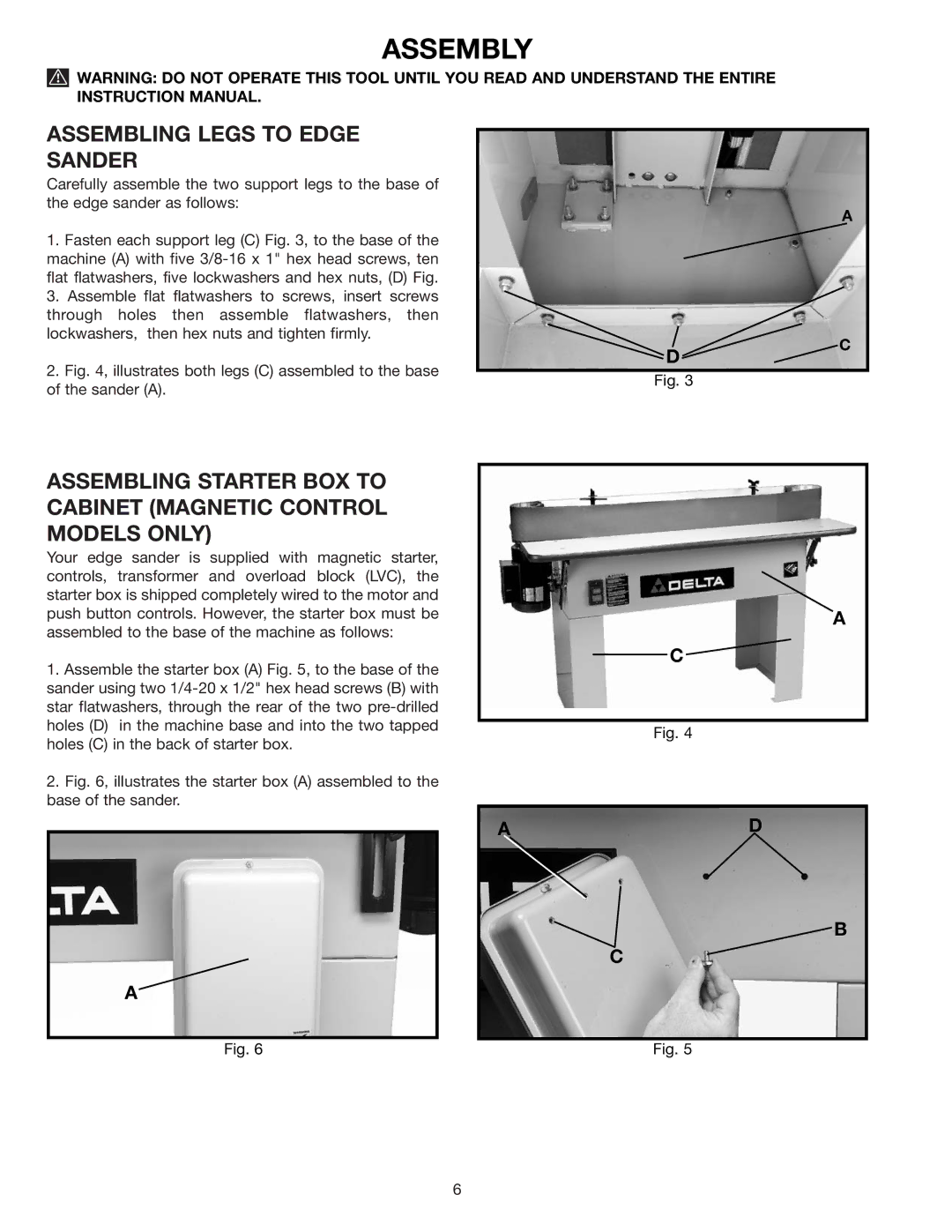31-392, 31-390 specifications
Delta 31-390 and 31-392 are advanced aircraft models that stand out in the aviation industry for their unique features and cutting-edge technologies. Designed with a focus on efficiency, safety, and comfort, these aircraft are ideal for a variety of aviation applications, including commercial transport, cargo delivery, and specialized missions.One of the main features of Delta 31-390 and 31-392 is their aerodynamic design, which significantly enhances fuel efficiency. The sleek fuselage, combined with advanced wing configurations, reduces drag while improving lift. This results in lower fuel consumption, making these aircraft environmentally friendly while also reducing operating costs for airlines and operators.
The powerplants on these models are among the most advanced in the aviation sector. Equipped with high-performance turbofan engines, the Delta 31-390 and 31-392 deliver impressive thrust capabilities while maintaining lower noise levels during flight. The engines incorporate the latest noise reduction technologies, ensuring compliance with stringent noise regulations, making them suitable for operations in noise-sensitive areas.
Safety features are paramount in the design of the Delta 31-390 and 31-392. The aircraft are fitted with state-of-the-art avionics systems that provide pilots with real-time data and advanced navigation capabilities. The inclusion of fly-by-wire technology enhances control and stability during various flight conditions. Additionally, the aircraft's multi-layered safety systems, including redundant systems for critical functions, ensure a high level of operational safety and reliability.
Comfort is another significant aspect of these aircraft. The interior of the Delta 31-390 and 31-392 boasts spacious cabins designed with passenger comfort in mind. Ample legroom, ergonomic seating, and modern amenities contribute to an enjoyable flying experience. The incorporation of advanced climate control systems further enhances passenger comfort by maintaining optimal cabin conditions throughout the flight.
Both models are also equipped with advanced communication systems, ensuring that pilots can stay connected with air traffic control and ground support at all times. The aircraft's ability to integrate with emerging technologies, such as satellite communications, positions them for future advancements in aviation infrastructure.
In summary, Delta 31-390 and 31-392 are exemplary aircraft that combine efficiency, safety, and comfort. Their innovative technologies, including advanced aerodynamics, powerful turbofan engines, and sophisticated avionics, make them stand out in the competitive aviation market. As the industry continues to evolve, these models are well poise to meet the demands of modern aviation.

